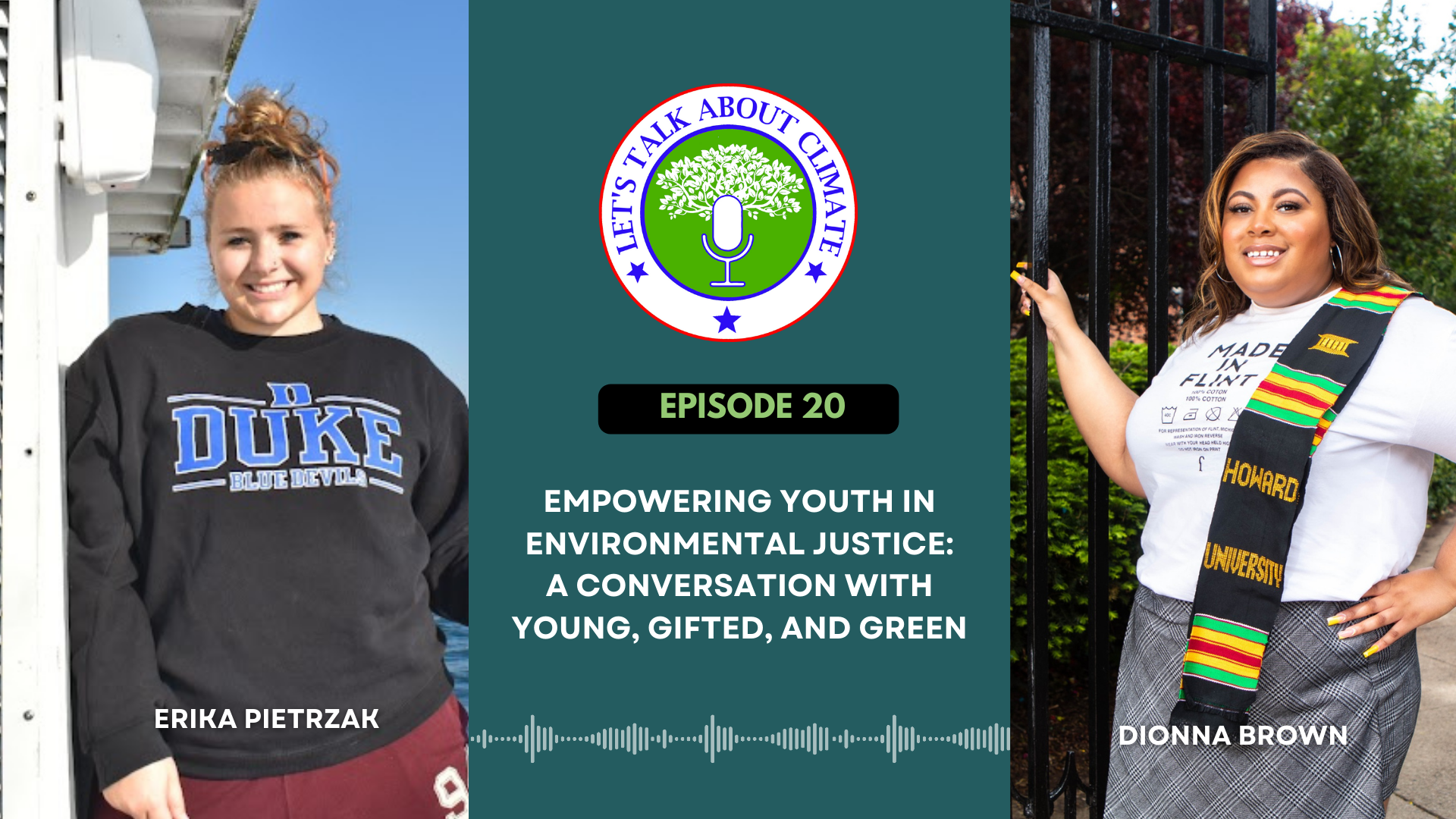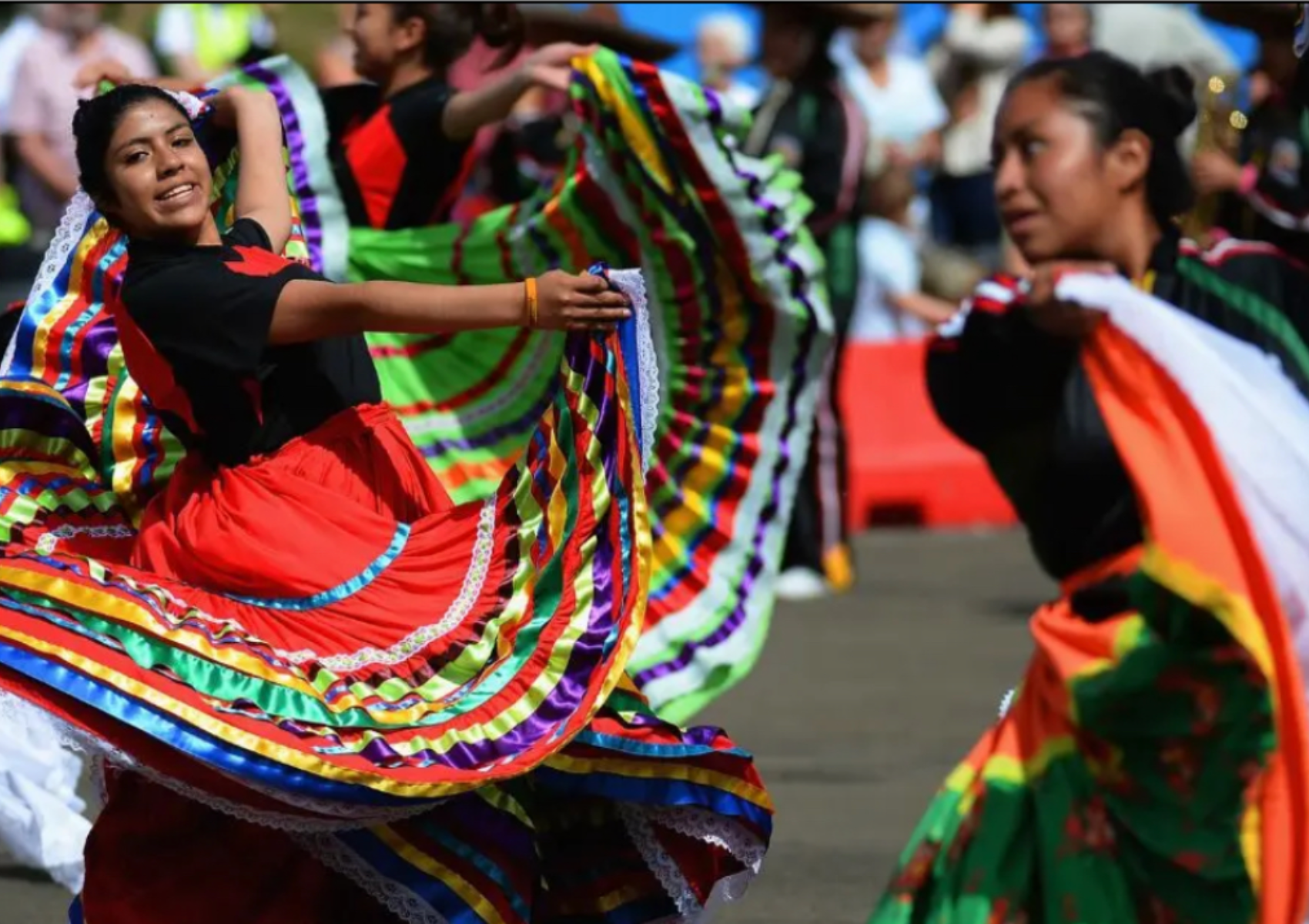
Environmental Justice

Environmental Justice Solidarity Statement
Change the Chamber (CTC), in its work to champion environmental justice, stands in solidarity with marginalized communities including, but not limited to, Black, Indigenous, and People of Color (BIPOC), low-income individuals, people with disabilities, women, LGBTQIA+ individuals, and immigrants.

Calling Out the U.S. Chamber
Our latest report, spanning from September 1998 to March 2023, exposes how the U.S. Chamber of Commerce has consistently prioritized its own gains at the expense of fair treatment for minority populations, the preservation of our environment, and timely climate change mitigation.
EJ Podcasts & Events
Environmental Justice Blogs
-
![]()
The Transformative Role of Indigenous Knowledge in Healing River Ecosystems
Today, thousands of Indigenous people “are caring for the land and are powerful leaders advocating for clean water and healthy, free-flowing rivers.”
-
![]()
Ecocide in Gaza: Environmental Impacts of War
Beyond the direct human toll of the war, this conflict is causing disastrous environmental conditions, including many conditions that cannot be reversed.
-
![]()
Unsung Heroes: California’s Inmate Firefighters
Inmate firefighters risking their lives to fight California wildfires, are underpaid and often overlooked. Learn about the heroes who risk it all on the frontlines to save lives and landscapes, and discover why their bravery deserves our gratitude and respect.
-
![]()
Naming Justice: The Movement to Replace Harmful Place Names in South Dakota
Across the country, thousands of harmful and inaccurate place names identify our outdoor spaces and geographic regions, often bearing terms used to degrade minority groups.
-
![]()
Keeping the Lights On: Marrying Disability Justice with Electric Grid Resilience
The threats to electricity-dependent people with disabilities by both natural hazards and a strained national grid are quite clear. These individuals are subject to a host of hazards that may seem a mere inconvenience to the able-bodied, but compromise the safety, security, and independence of people with disabilities.
-
![]()
Climate Change Is Disrupting Education, and It’s Just Beginning
The evidence is clear. Climate change already profoundly impacts our schools, and the situation will only worsen if we do not take immediate action.
-
![]()
Hispanic Heritage Month: Celebrating Culture, Contributions and Community Resilience
Hispanic Heritage Month is a celebration of resilience, creativity, and the enduring impact of Hispanic and Latino communities.
-
![]()
From Crisis to Empowerment: Kenya's Fight for Clean Water
Environmental conflicts and climate change are exacerbating the already critical condition of water infrastructure in Kenya.
-
![]()
Harnessing Hope: Sustainable Solutions for My Community In Esa-Oke
My story, like that of many others from my community, is one of resilience, determination, and hope— a journey that drives me to seek support for building a better future.
-
![]()
The Public Lands Ruling: A Step Forward for Conservation and Indigenous Rights
The Public Lands Ruling is a crucial step forward for tribes and the environment alike. But what is this ruling and why does it matter?
-
![]()
The Living Dinosaur: Sturgeon and Their Significance to Indigenous Communities
Description goes hereSturgeons are a prime example of how “healthy human communities are tied to healthy nonhuman communities.”
-
![]()
Environmental (In)justice in the DRC: Women and Children in Artisanal Mines
As the demand for cobalt and other conflict minerals continues to grow with greater inception of smartphones and other forms of technology, attention must be drawn to the injustices women and children are facing in these mines to increase regulation and force large corporations and multinationals to enforce supply monitoring.
-
![]()
World Water Day 2024: Kenya’s Silent Crisis
Women and children are especially impacted by this lack of water, having to spend up to one-third of the day getting water for their families.
-
![]()
Leading Change: Women at the Forefront of Sustainable Solutions in Northeast Africa
Women have been leading a charge to end these environmental conflicts as they often spend all day together cultivating lands, farming, and taking care of their families, providing a uniquely united front rare in an area of conflict.
-
Addressing Environmental Injustice: A Call for Stronger Regulations in Pennsylvania
Meaningful engagement with Black residents and other frontline communities is essential to ensure that the policies proposed respect their unique needs.
-
![]()
Hunker Down for the Hurricanes in Beaufort, NC
Beaufort is located in Carteret County, North Carolina and boasts one of the highest biodiversity in the state. Beaufort is a “‘frontline community’ because of its position along the coast and extreme susceptibility to the impacts these hazards bring.”
-
When Climate Change Hits Home: A Personal Journey
Chisom Nnajiofor went from climate change skeptic to advocate after seeing local impacts firsthand in Borno state, Nigeria. Her eye-opening personal journey mirrors our challenge to recognize AND act on the climate crisis.
-
![]()
Ahmed's Climate Change Story
Ahmed Tijani recounts how climate change impacts like desertification and water scarcity enabled violence and instability in Nigeria's Sahel region, leading him to advocate for climate action.
-
![]()
DC Sues Companies Over Pollution
On July 18th, the District Attorney of Washington DC, Brian L. Schwalb, announced that the city would be suing more than 25 chemical companies for creating a “public nuisance” by polluting the city.
-
![]()
Clean Water for Baltimore: Seeking a Solution
In 2018, over 17 million gallons of sewage overflowed in Baltimore and 25 billion gallons of stormwater runoff, making stormwater runoff one of Baltimore’s fastest-growing sources of pollution.
-
![]()
Two Years of Justice40: Integrating Environmental Justice into U.S. Climate Policy
The Justice40 Initiative recognizes that while the climate and energy goals can’t be accomplished without the contribution and participation of all communities, the climate crisis does not impact all communities equally.
-
![]()
Wisconsin Judge Orders the Rerouting of Line 5
In a major decision, a Wisconsin judge has ordered the re-routing of part of the controversial Line 5 pipeline, to be completed within three years.
-
![]()
Journey to Justice: More Than a Promise?
With almost a year in practice, we are now looking for answers on how much this program has actually done for communities in need.
-
![]()
New List ItemChange the Chamber Releases New Report Calling Out the U.S. Chamber of Commerce
The U.S. Chamber of Commerce continues its legacy of going beyond promoting deregulation and government inaction to advocating for government actions that actively harm marginalized populations including BIPOC, LGBTQIA+, low-income, women, and disabled communities.
-
![]()
The Supreme Court and the Fate of Environmental Justice
Why the Supreme Court’s decision on affirmative action can have severe repercussions for environmental justice laws.
-
![]()
The Keystone XL Pipeline: When Native Activism Conflicts with the U.S. Chamber’s Lobbying
Despite the Keystone XL pipeline posing a serious threat to several Native American communities, the Chamber’s focus was on preserving their economic benefits.
-
![]()
Celebrating Women’s History Month
By including and uplifting the voices of women and supporting female-led initiatives in the climate change conversation, we broaden and deepen our understanding of a problem that disproportionately affects not only women, but many other marginalized communities.
-
![]()
President Biden’s Justice For All with Justice40
We offer research and suggestions on how the Biden administration can use the Justice40 Initiative to support low-income, minority and frontline communities affected by climate change.
-
![]()
How the Chamber is Creating Climate Refugees
An already vulnerable demographic, Indigenous people are suffering greatly from the climate crisis, leading many to either flee their native lands or fight to protect them.











































